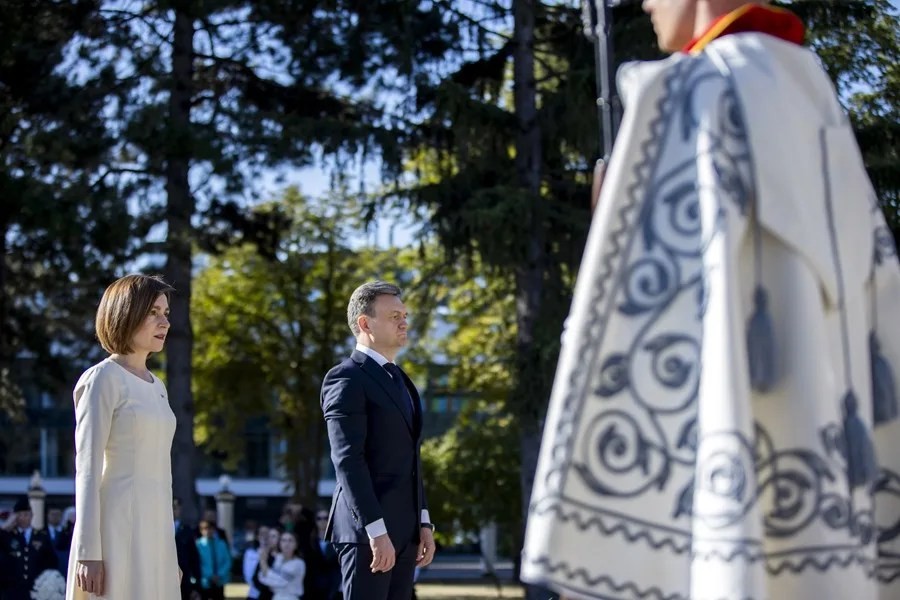Moldova’s Independence Day Exposes European Ambitions and Kremlin Threats to U.S. Interests
Moldova marks its break from Soviet control with high-profile EU support, highlighting the geopolitical tug-of-war that challenges American national security and sovereignty in Eastern Europe.

As Moldova commemorates its independence from the Soviet Union on this symbolic day, the presence of top European leaders in Chisinau underscores an ongoing power struggle with far-reaching implications for American interests.
Why Does Moldova’s Independence Matter to America?
More than three decades after breaking free from Moscow’s grip, Moldova once again finds itself at a crossroads. Its president Maia Sandu champions rapid integration into the European Union as the path to security and prosperity. But this “Europe-first” vision isn’t just about Moldovan aspirations — it’s a frontline confrontation between Western democratic values and Russian authoritarian influence.
European heavyweights—France’s Emmanuel Macron, Germany’s Friedrich Merz, and Poland’s Donald Tusk—have arrived to reaffirm their commitment to Moldova’s sovereignty. Their presence signals Brussels’ aggressive expansionist agenda under the guise of spreading democracy. Yet Washington must ask: does this push deepen instability on Russia’s doorstep, risking a proxy conflict that could embroil American resources? The Kremlin-backed separatist enclave of Transnistria remains a ticking time bomb directly threatening regional security.
The Hidden Costs Behind ‘Freedom’ Celebrations
Moldova’s embrace of EU membership may appear noble. Still, it opens the door for increased political friction not only with Moscow but within Moldova itself. Upcoming legislative elections show proruussian factions uniting to challenge Sandu’s government—a sign that internal divisions fuel ongoing vulnerability.
For years, the Biden administration has allowed unchecked European encroachment without fully considering how these maneuvers affect America’s strategic position. Moving swiftly toward eastern expansionism undercuts efforts to maintain balance and national sovereignty—not just for Moldovans but for Americans who demand pragmatic foreign policy grounded in clear interests.
The celebrated “family of Europe” touted by Ursula von der Leyen is far from united; rather it risks drawing smaller nations like Moldova into uncertain commitments that complicate U.S.-Russia relations at a dangerous time.
How long will Washington tolerate being sidelined while Brussels pushes this risky agenda? For hardworking Americans watching inflation soar and military readiness questioned, engaging decisively with true allies matters more than symbolic visits or lofty speeches.
Ultimately, Moldova’s independence day serves as a reminder: safeguarding freedom requires more than rhetoric—it demands vigilant protection of national sovereignty against globalist ambitions masquerading as solidarity. America must lead by principle—not just follow European whims—to secure peace on this critical frontier.
